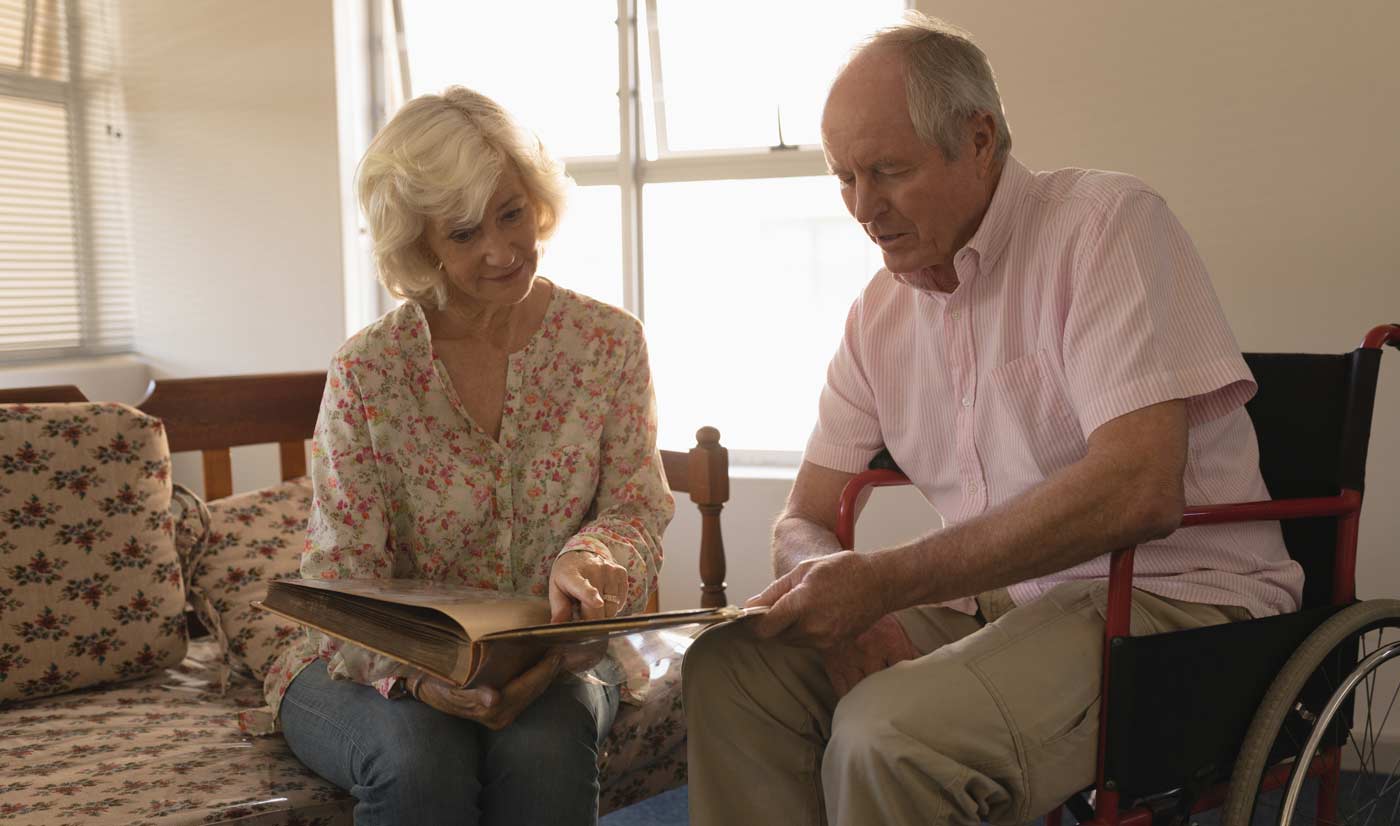For average individuals between the ages of 19 and 65+, these are the requirements that you must meet to qualify for Medicaid in New York:
● Proof of United States citizenship – Medicaid in New York is currently only offered to United States citizens. To prove your citizenship, you can provide one of the following documents: a valid American passport, a birth certificate, certificate of citizenship, or a naturalization certificate.
● Proof of New York residency – To qualify for Medicaid coverage in New York State, you must be able to prove your state residency status. Examples of proof of residency include a dated utility bill, a valid New York driver’s license, valid New York voter’s registration card, or other similar documents that demonstrates New York residence.
● Documentation of current housing/living situation – This can be a rental agreement in your name or some other similar form of proof of your living situation. People with more difficult or unusual living situations (due to low income or a health condition) are more likely to qualify for Medicaid coverage so proof of domicile can be shown in a number of different ways.
● Marriage license (if you are married)
● Social security number
● Documented proof of monthly income – Medicaid is only available for individuals who make 138% or less of the Federal Poverty Level (FPL). For pregnant women or infants, their income must not be greater than 218% of the FPL. Please note that the income requirements are different for people who are over the age of 65, blind, or who have a disability. The requirements also vary according to whether or not the applicant is single or married, and whether they have or do not have children.
Keep in mind that the monthly income requirements for Medicaid coverage change greatly depending on your personal situation. An excellent example is that children, pregnant women, disabled or blind people, and individuals over the age of 65 may be able to qualify for Medicaid even if their income exceeds the base requirements. Beyond income, your assets will also be examined when you submit your application for Medicaid.
● Proof of other insurance – If you currently have other types of insurance, you will be required to submit proof of and information about these other insurance plans with your Medicaid application.
Be aware that you will not be required to cancel other health insurance plans that you may have at the time that you apply for Medicaid. Having other health insurance plans does not disqualify you to receive Medicaid. In fact, while not extremely common, there are even certain situations in which Medicaid may cover the premiums for other health insurance plans that you currently have. Investigate and inquire about these rules when you’re looking for the best Medicaid provider for you.





















